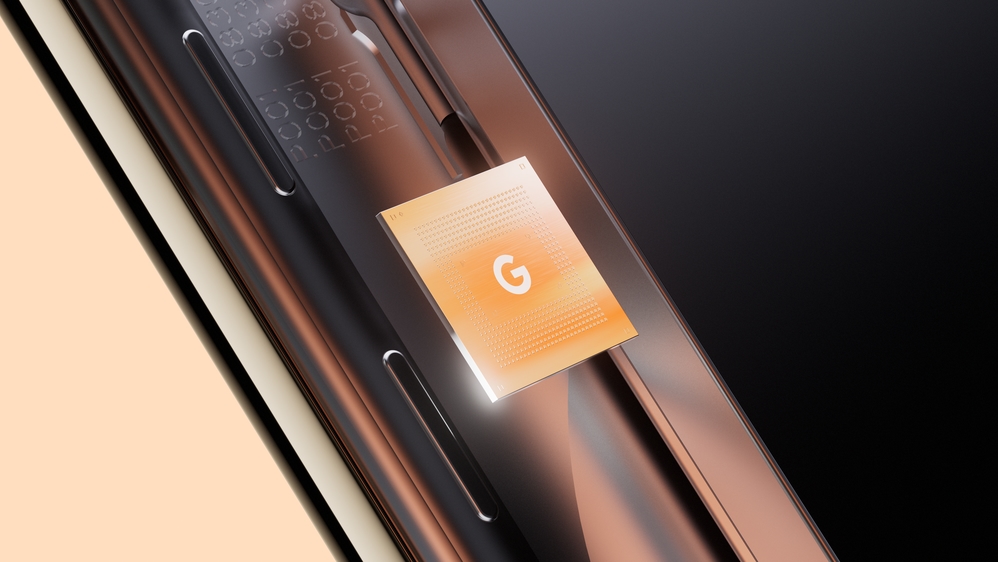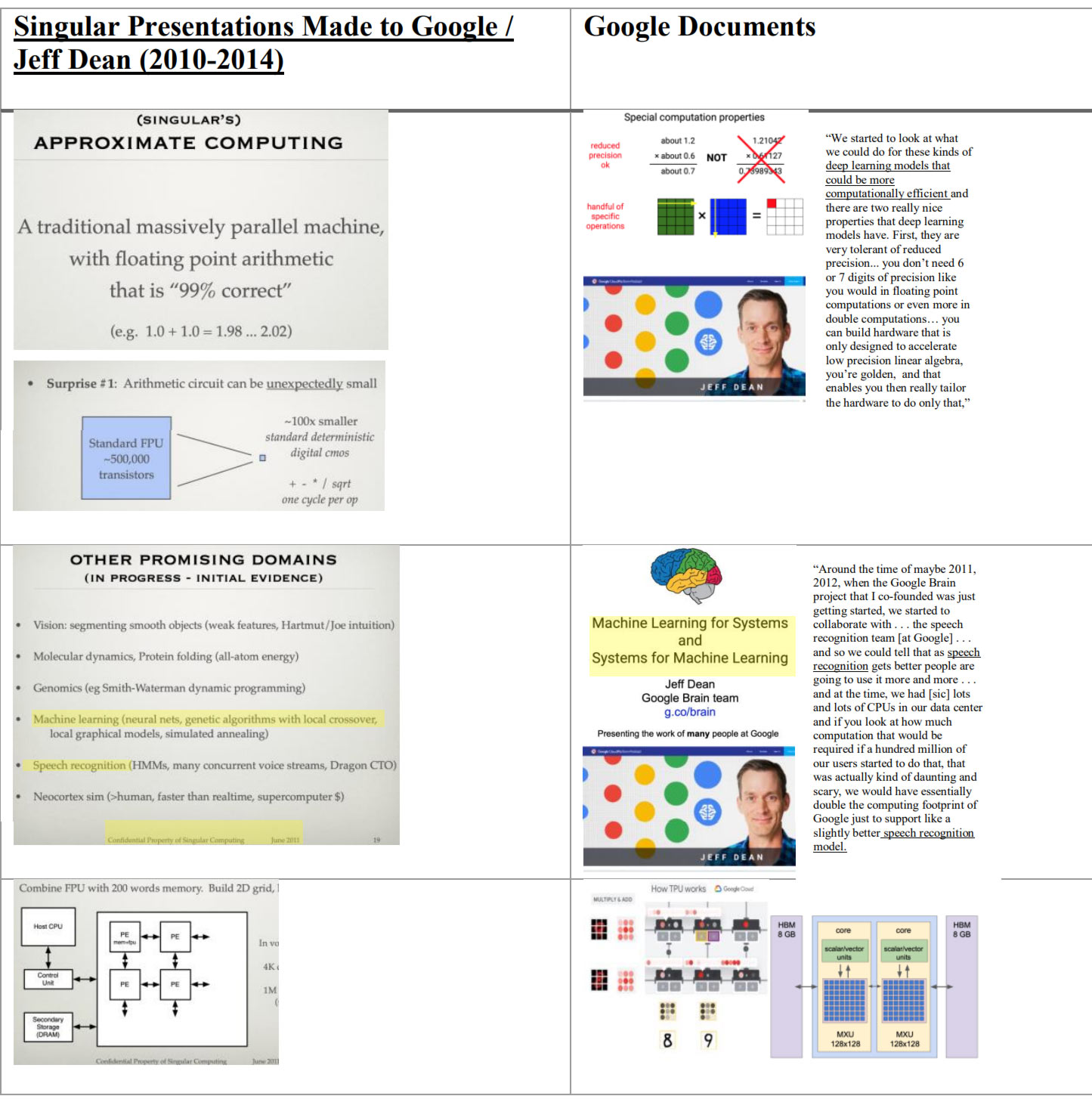Earlier this monthGooglewent to court to battle a lawsuit that alleged that it had designed itsTensor Processing Units(TPUs) using technological innovations devised by Singular Computing. The plaintiff had sought $1.67 billion in damages, claiming that Google used its patented architectures (patents filed in 2009) to create TPUs. On Wednesday, Google settled with Singular as the closing arguments in the case were scheduled to begin, reportsReuters. We don’t know the scale of the settlement, and Google isn’t admitting any wrongdoing as part of the settlement.
Reading the story behind the case as shared bytheRegister, and looking at the District Court of Massachusettscomplaint for patent infringement(PDF), sheds light on Singular’s rather strong case. Check out the main points:

Googlebenefitted from technologies like those outlined above as they would speed up operations and make processing more efficient for tools like Search, Gmail, Translate,YouTube, and others. However, at the start of the court case, it argued that it created its TPU designs independently. Moreover, it insisted that the team that created its TPUs never met with Bates and its underlying technology was fundamentally different from that represented by Singular’s patents.
Reutersreports that after news of the settlement broke, a Google spokesperson continued to assert that Singular’s technology patents weren’t violated. Google was “pleased to have resolved this matter,” claimed the spokesperson, but the settlement sum and terms weren’t disclosed.

Get Tom’s Hardware’s best news and in-depth reviews, straight to your inbox.
Mark Tyson is a news editor at Tom’s Hardware. He enjoys covering the full breadth of PC tech; from business and semiconductor design to products approaching the edge of reason.
